Dispatch Operations – How to Eliminate Miscommunications
Often times there exists a lack of communication with, or within, a communications center.
When we have a miscommunication with a sales associate on a clothing purchase or with a fast food order we maybe displeased with the service or product you receive, but we go about our day. When dealing in the field of public safety, a miscommunication could be fatal to the responder or the citizens we serve.
So here are a couple of key things to remember:
Terminology
An important key to good communication is common terminology. Dispatchers and responders alike need to use the correct terms set by their jurisdiction. One word or code may mean something in one area that could be completely different in another. There are also many words and sounds in our vocabulary that can easily be confused such as “B” with “D” and “F” with “S”. Terms set by standard operating procedures or SOPs limit the chance of a potential misunderstanding and they should be followed implicitly. Professionalism is a must and if each person chose their own lingo, something could be misinterpreted. The end result could be tragic.
Clarification – What did they say???
When there is any question with what a unit or dispatcher says, measures need to be taken to clarify the transmission. Ignorance is never OK. When you don’t know what was said, the extra effort needs to be made to communicate effectively back to the dispatcher. Words can be repeated or worded in a different manner to ensure the message was properly received. Repeating part of the transmission back to the sender ensures the message was copied accurately. Sometimes providers or dispatchers alike want to blame the miscommunication on laziness, forgetfulness, attitudes, on each other.
Think about it….
It is important to put the shoe on the other foot and understand that sounds of communications are not limited to what we are trying to say over the radio.
Have you ever been on a responding unit?
Have you had to listen to sirens, cars, an engine, other radio channels or a patient screaming?
Have you had to concentrate on a patient or on driving?
Have you ever sat in the dispatch center?
Have you had to listen to additional phones ringing, coworkers yelling information to you, taking emergency calls or answering more than one radio channel?
Although none of these are necessarily an excuse, they are things that responders and dispatchers may need to think about when a message is inaudible or not heard or responded to immediately.
A little extra understanding and putting forth effort to guarantee accurate communication will be life saving.

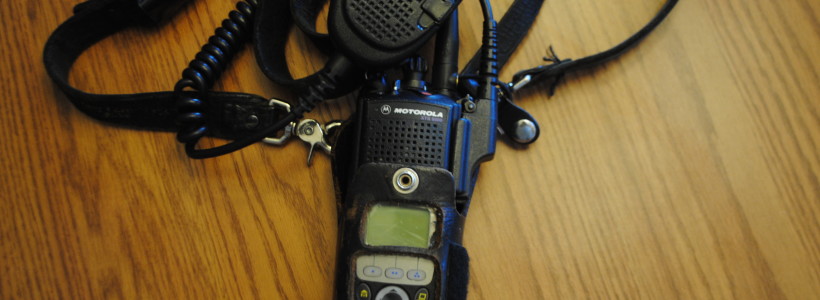
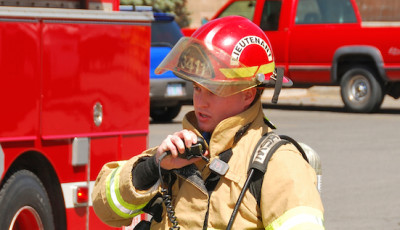
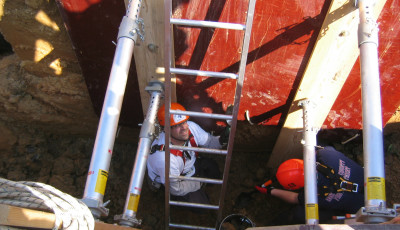
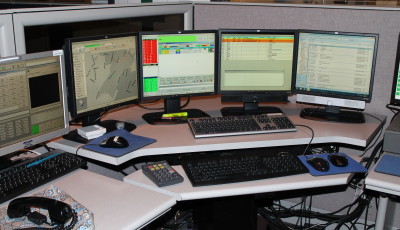
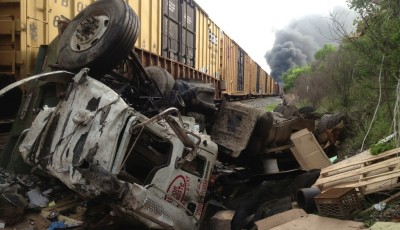
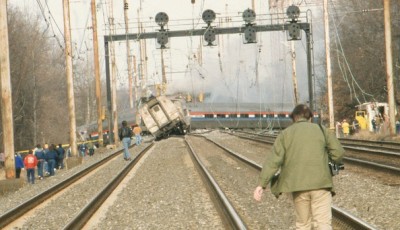
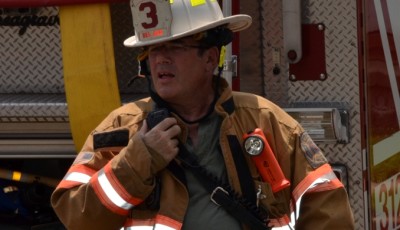
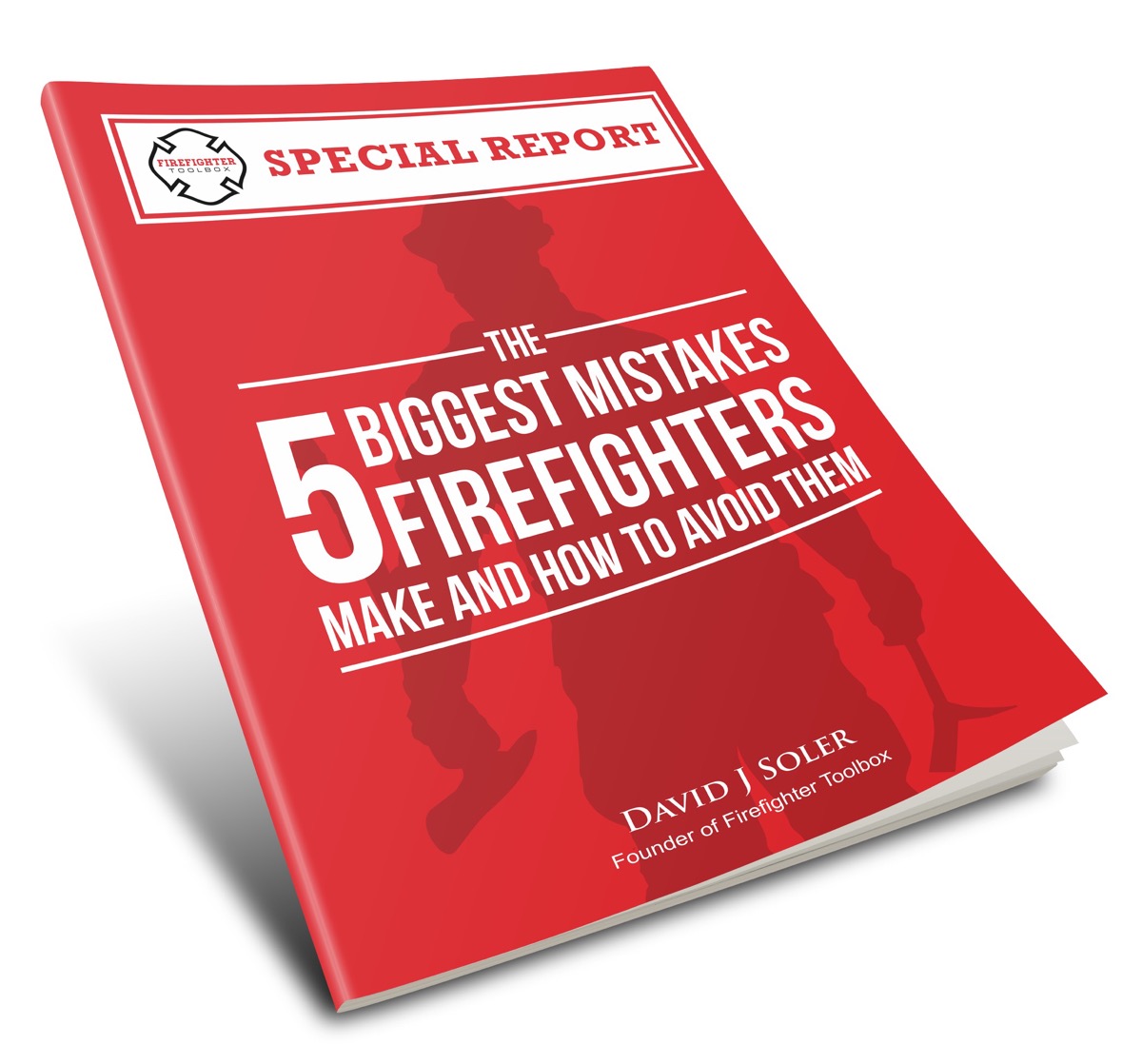



Well written article. Communication is so critical in all aspects of life.
I particularly liked the comparison between retail and your industry. People’s lives are at stake. And not to mention that a simple mixup could mean disaster.
Thank you so much for the feeback Rod. I’m glad you enjoyed the article and hope you come back to see more from Firefighter Toolbox!
Great Article! As someone who also has been on both sides of the fence, dispatching and working in the field, it can be frustrating when one party blames another for a miscommunication.
These tips are helpful in preventing the “hiccups” in communication when trying to provide a high standard of care and service to your community.
This is definitely a read for those who think and see the people on the other side of the radio as the “enemy”. It’s all one team, let’s practice these tips first before the big game.
Thank you for your response, Brian! You’re right, the less hiccups the smoother the communication will be! It can’t be a dispatch vs. provider world, it is everyone working towards the same goal that gets the job done, and done right!
Here is my thoughts on this, and its directed towards the Fire Chiefs/Fire Officers/Firefighters and the Dispatchers, I am a 13+ years veteran dispatcher and 16 years in the Fire Service,and come from a County Dispatch center that handles a million phone calls a year, 125,000 calls for service for the 43 Fire Departments, 19 EMS agencies, 9 Police agencies and other County/Local agencies we dipatch for. I can agree with alot of this topic, there is Fire Chiefs/Officers/Firefighters, and Dispatchers too, that think its necessary to “speak” at a level that you would think the end of the world is approaching. But, there is Fire Chiefs/Officers/Firefighters and Dispatchers that make your day so much easier and enjoy working the radio. Those members can make a plane crash feel like a walk in the park.
When I or one of my co-workers hear a certain few of the above mentioned persons key up the radio, you wish you didn’t come to work. They are that way on every single call. It’s a 100 mile a hour radio transmission, they talk so fast they lose their breath, or dont make sense and you need to kindly ask them to repeat it, they do in a sarcastic tone.
Theres the one’s that mumble when they talk, or use the fancy radio talk like they are a Divison Chief from the FDNY.
Here is some simple guidelines to remember that will help you not sound foolish and make everyones job alot easier-
Think before you speak. As your sizing up an incident, or giving incident updates, stop for one or six seconds, think of what needs to be said. Calm Clear radio transmissions PLEASE!
No Blind Transmissions. Key up the radio, wait until the dispatcher/IC acknowledges you and proceed. Nothing drives dispatchers/IC crazy is when the IC/Dispatcher thinks its a great idea to jump on the radio during a 3 alarm fire and start making requests for additional units, cover companies, notification requests without being acknowleged by the dispatcher/IC. Its a dangerous move and things can be missed.
How you speak. Lets use our Grown Up voice, mumbling, whispering, screaming and sarcastic tone doesnt help us or you. Once again CALM AND CLEAR PLEASE!
Use plain english. Use words/terminolgy that everyone knows and understands.
Visit your local Communications Center. Fire Chiefs/Officers/Firefighters think that its an easy job pushing buttons, talking on the radio and answering a phone. And some dispatchers think that fighting a fire is as easy as spraying water on a fire. Well its not. Call the Comm Center Director/Boss and schedule a tour, and not just a 5 minute tour. Sit down, watch, listen and ask questions. Get a better understanding of the job they do. Get to know the dispatchers/Fire Chief/Officers
Pat on the back. After a major incident(s), and the dust has settled, give a call to the Comm Center and give them an Atta Boy, those little things go a long way.
I know that the things I mentioned are also directed towards dispatchers too, mistakes happen, we are human. But at the end of the day we all have the same goal, everyone goes home, everyone is safe and the job gets done to the best of our abilities.
Dan Wilson Jr
Pingback: Structural Collapse and Dispatch | FireFighterToolBox